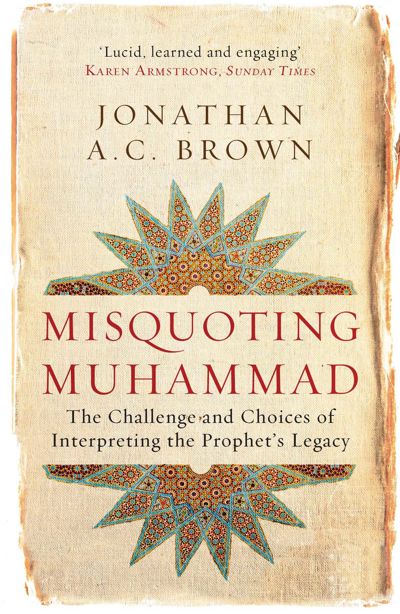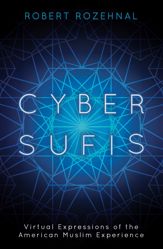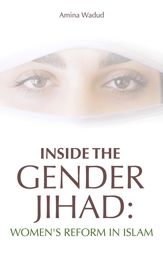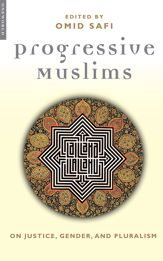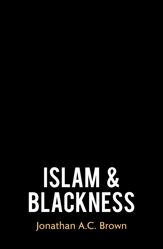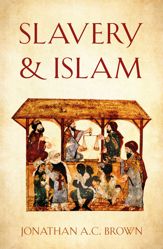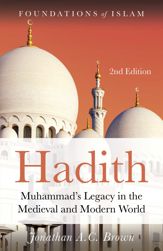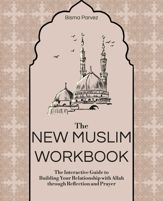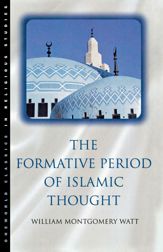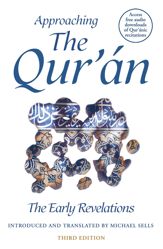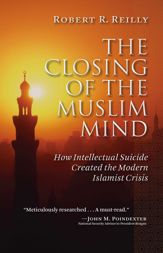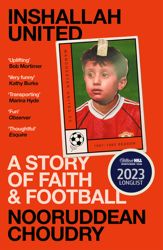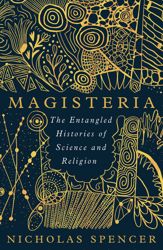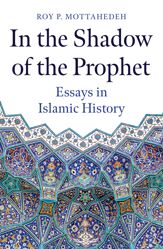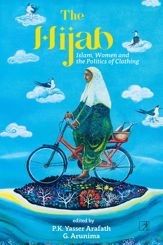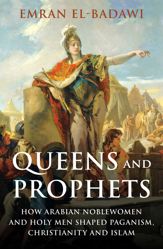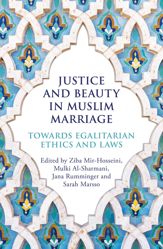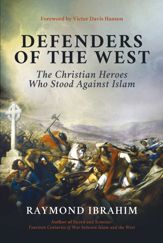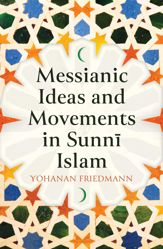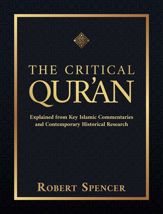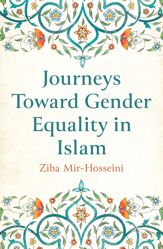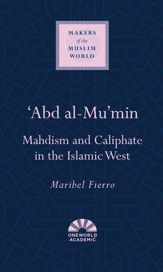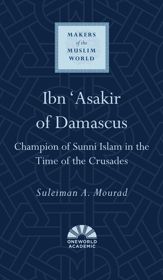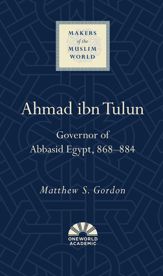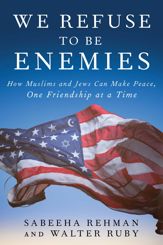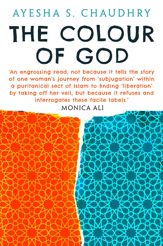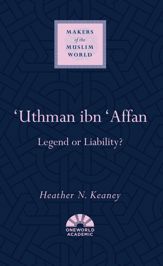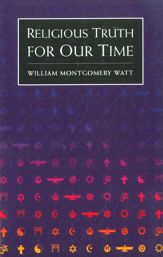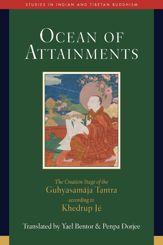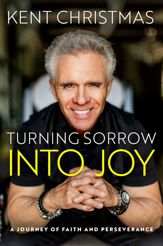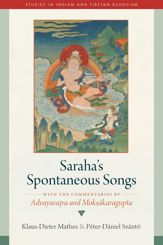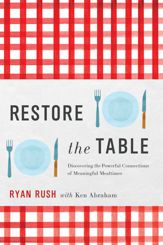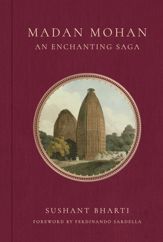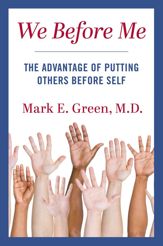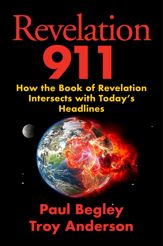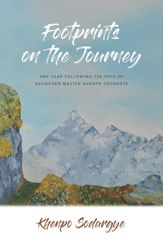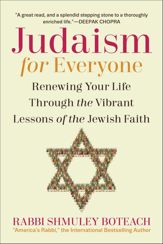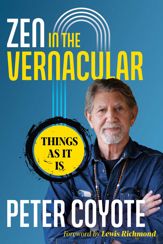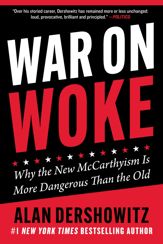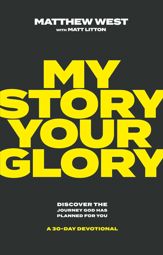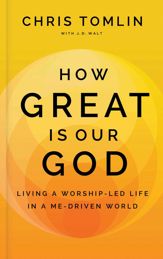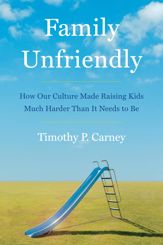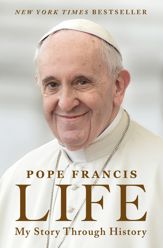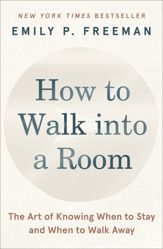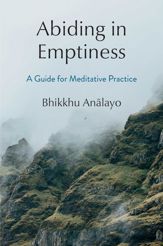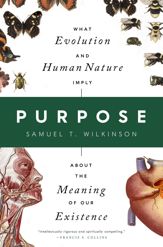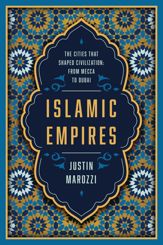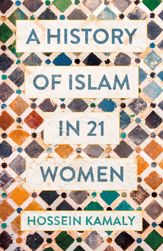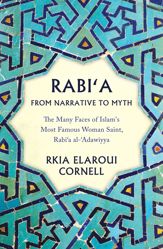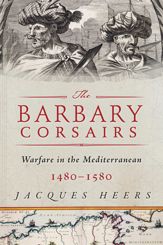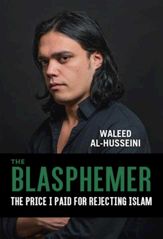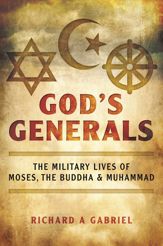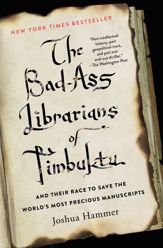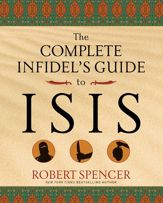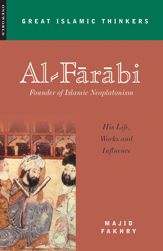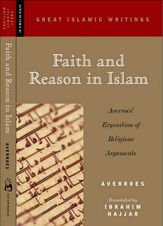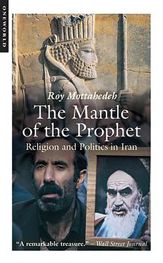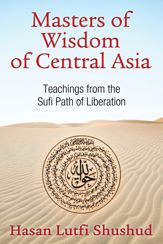‘Lucid, learned and engaging’
Description
AN INDEPENDENT BEST BOOKS ON RELIGION 2014 PICK
Few things provoke controversy in the modern world like the religion brought by Prophet Muhammad. Modern media are replete with alarm over jihad, underage marriage and the threat of amputation or stoning under Shariah law. Sometimes rumor, sometimes based on fact and often misunderstood, the tenets of Islamic law and dogma were not set in the religion’s founding moments. They were developed, like in other world religions, over centuries by the clerical class of Muslim scholars.
Misquoting Muhammad takes the reader back in time through Islamic civilization and traces how and why such controversies developed, offering an inside view into how key and controversial aspects of Islam took shape. From the protests of the Arab Spring to Istanbul at the fall of the Ottoman Empire, and from the ochre red walls of Delhi’s great mosques to the trade routes of the Indian Ocean world, Misquoting Muhammad lays out how Muslim intellectuals have sought to balance reason and revelation, weigh science and religion, and negotiate the eternal truths of scripture amid shifting values.
Reviews
'Brown possesses formidable knowledge of premodern Muslim scholars who sought to preserve accounts of Muhammad’s teachings and practices … Misquoting Muhammad sheds light on the considerable dynamism and sophistication within the Sunni tradition.'
‘Exhilarating ... Brown is among the most talented and productive scholars in the field of Islamic Studies today ... He is also a practicing Muslim who has the rare ability to sit at the feet of traditional scholars from Egypt to Malaysia for hours on end and translate that knowledge into something beneficial for his American audiences.’
'Identifies and contextualizes the larger interpretive issues at stake in the global competition between diverse traditional and Salafi Sunni voices, and is written in such an engaging manner that the reader may find it difficult to put it down.'
